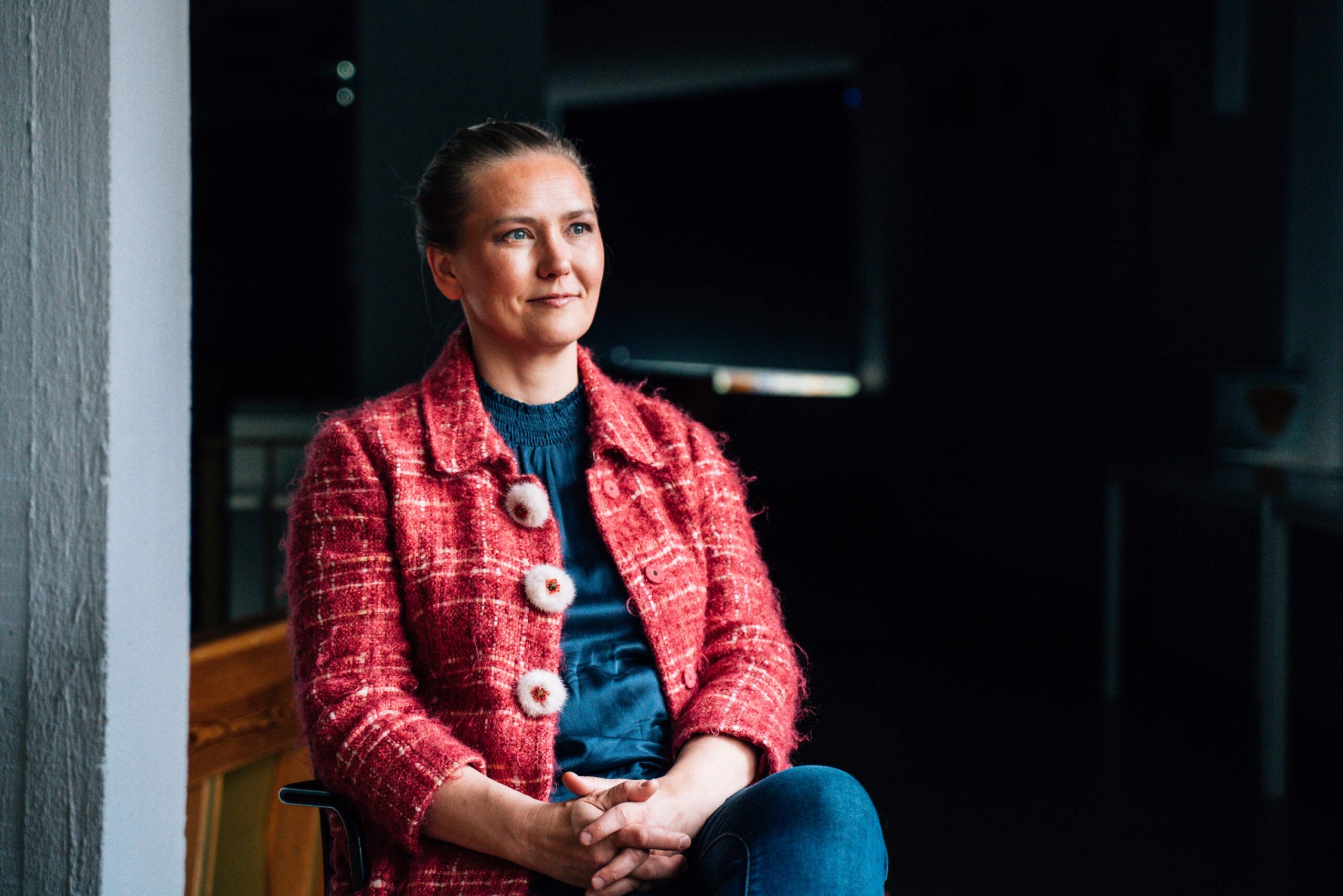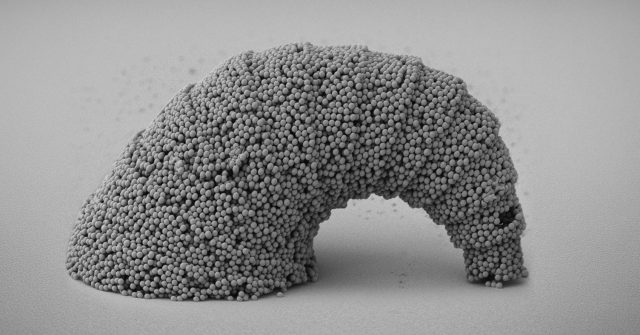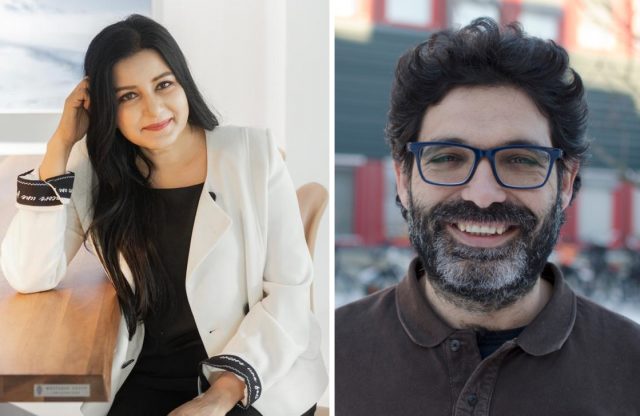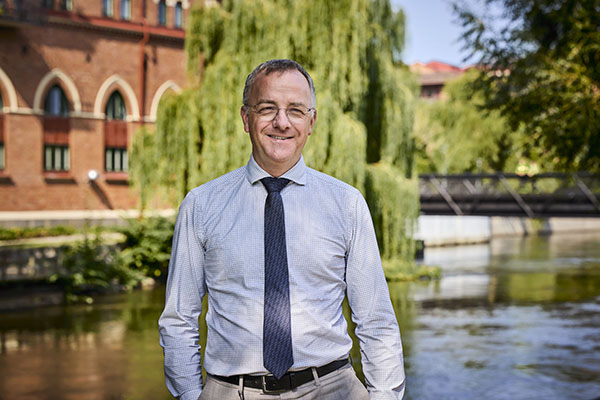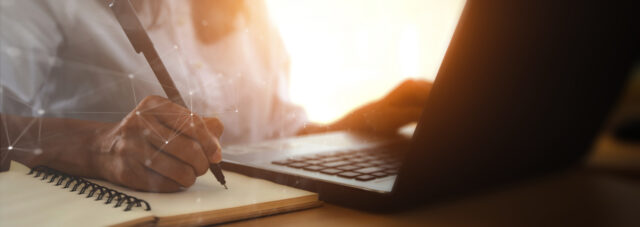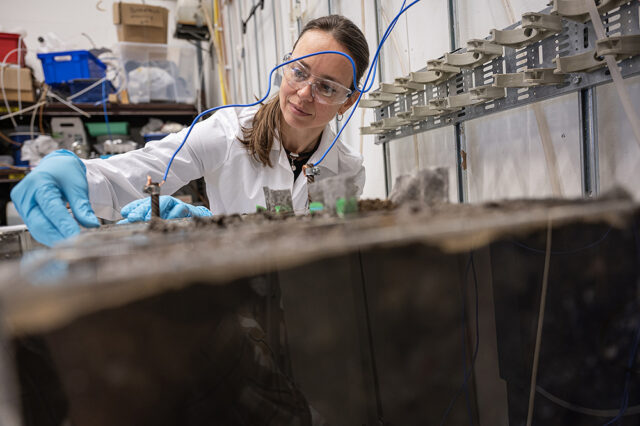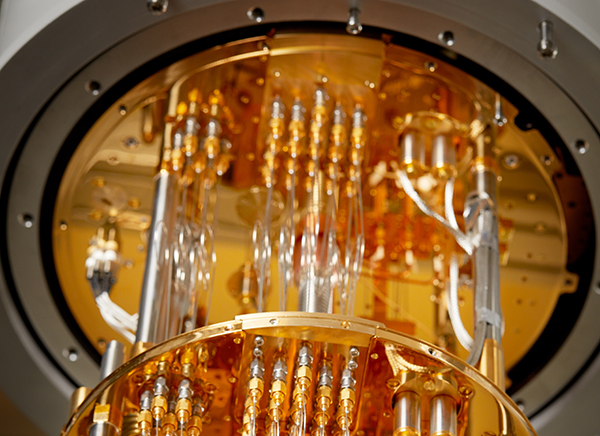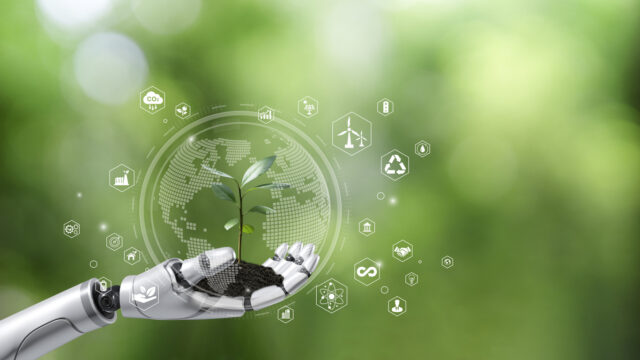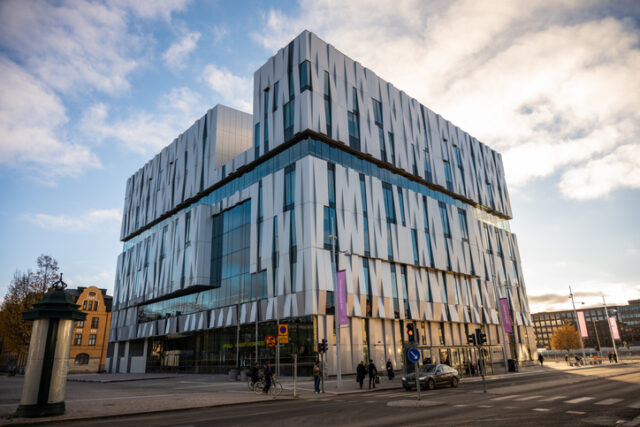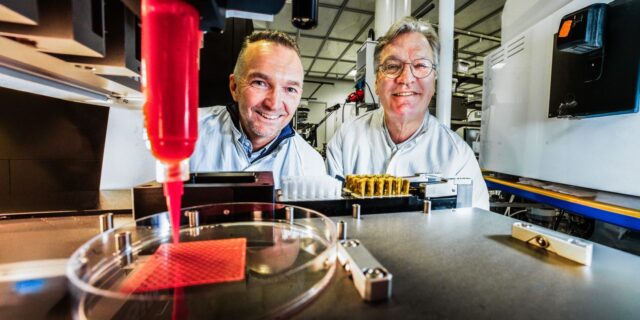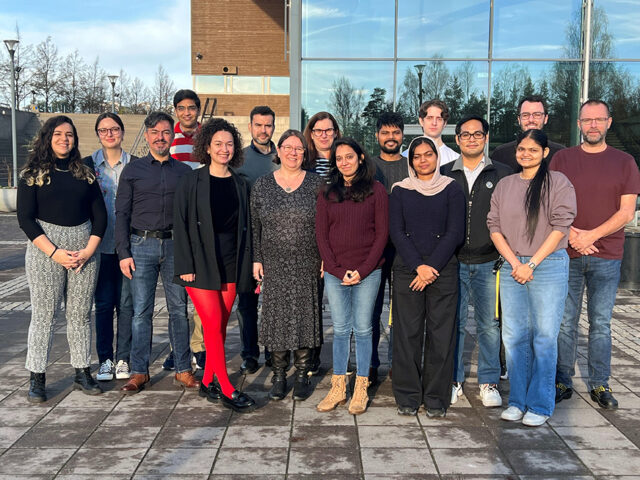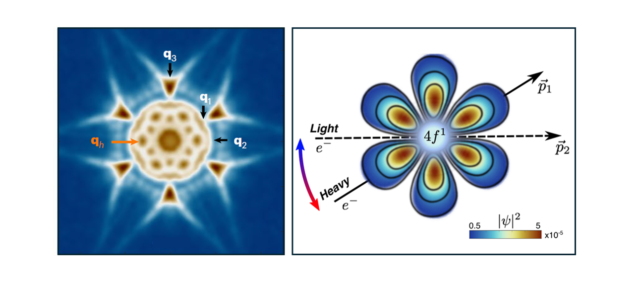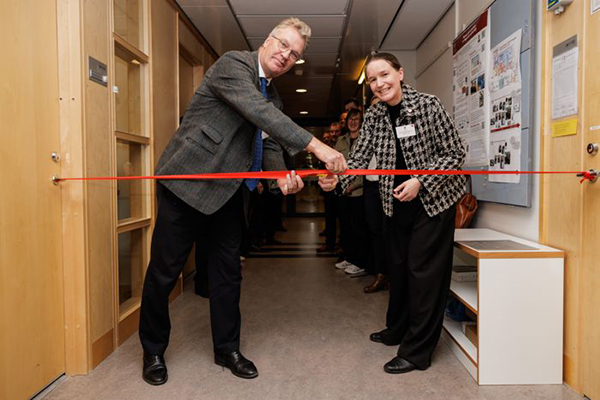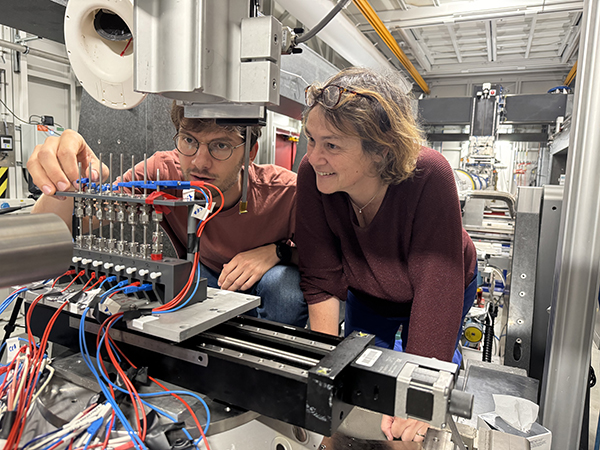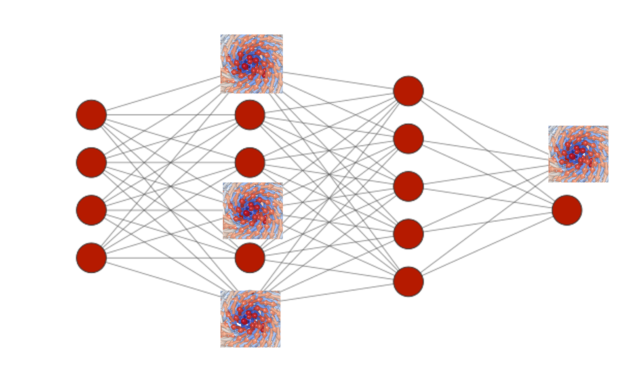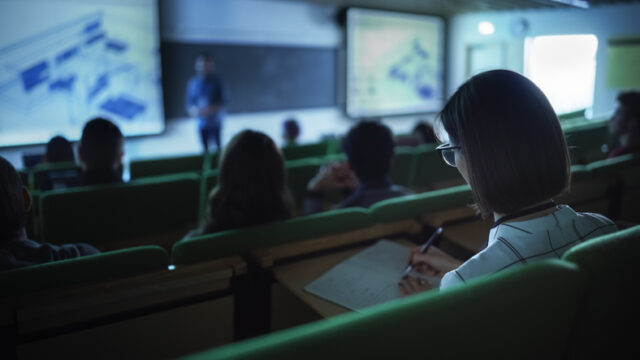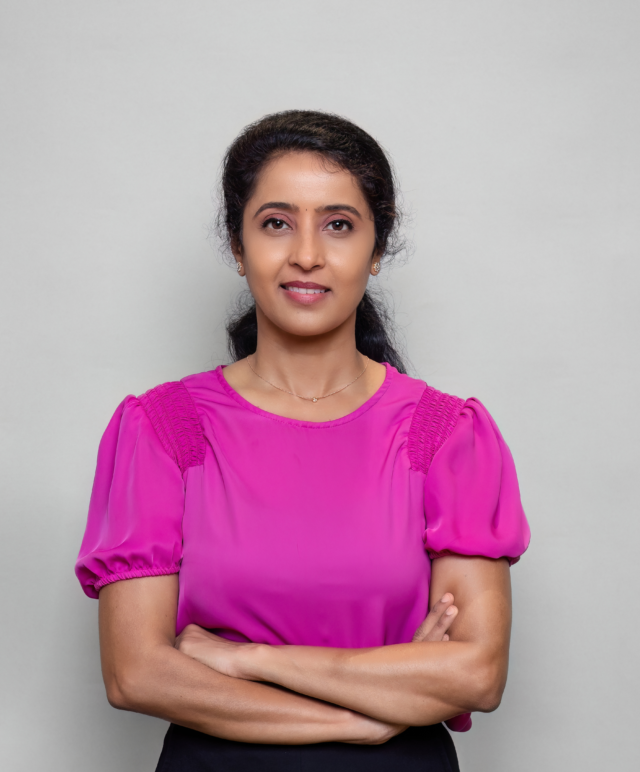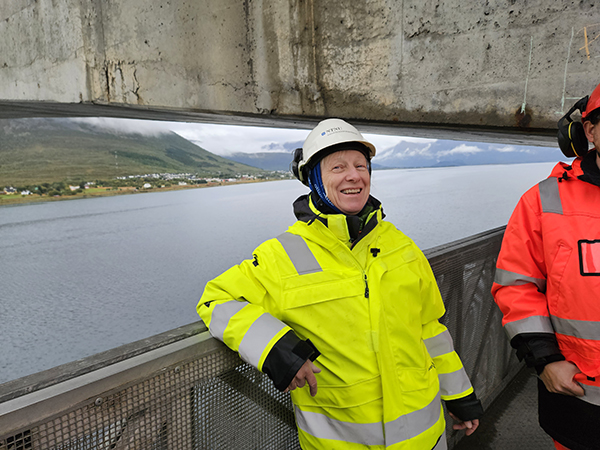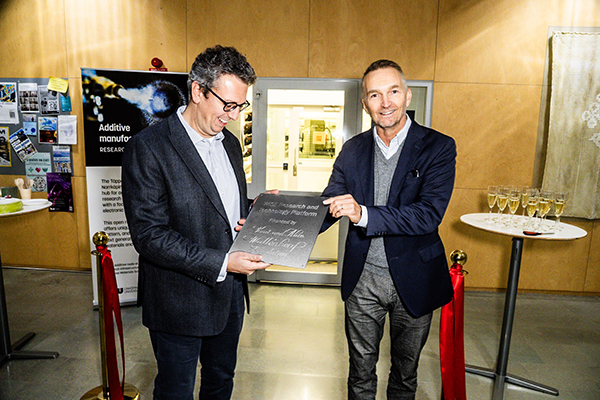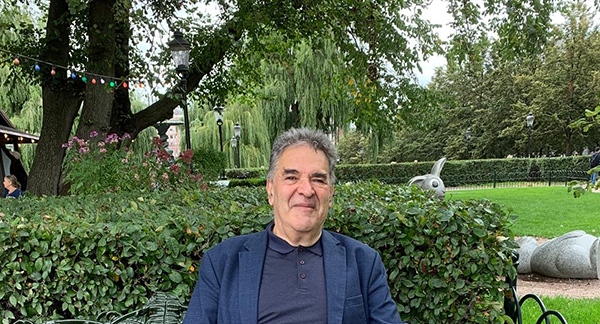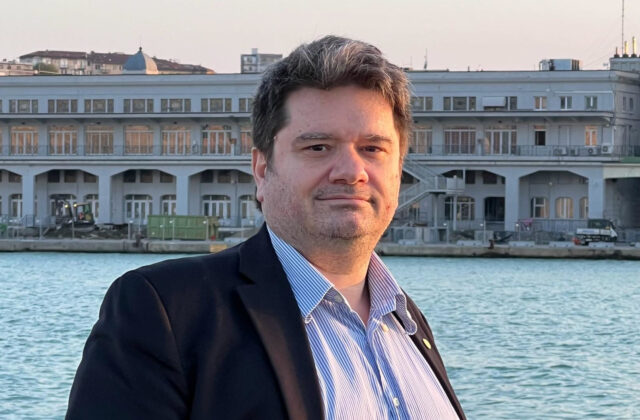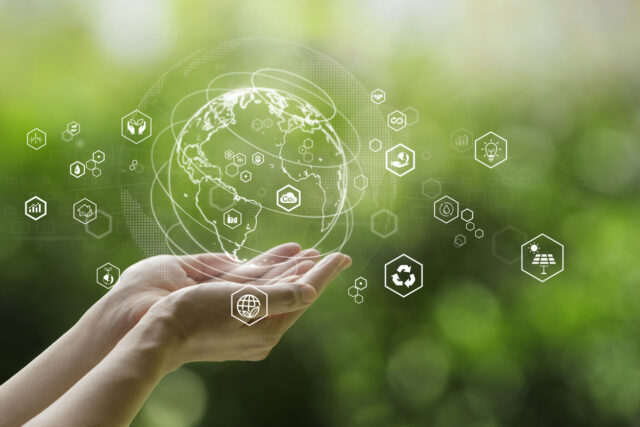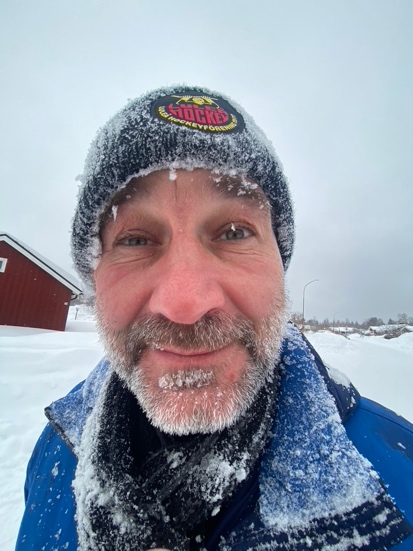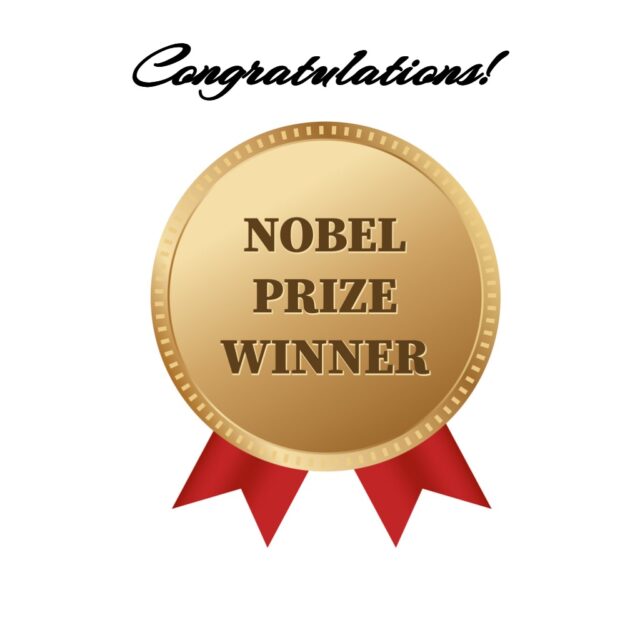Photo by Vilja Pursiainen.
The Guest Professor (GP) program is one of WISE’s recruitment and outreach activities, designed to foster international research collaborations and support the development of our students. This time, we are delighted to welcome Professor Mari Lundström, from the Department of Chemical and Metallurgical Engineering at Aalto University, as Guest Professor at KTH Royal Institute of Technology. We had the opportunity to sit down with her to discuss her research.
Prof. Lundström will be one of the two speakers in the upcoming public GP lecture on 11 September, 15:00–16:00, with the talk “Energy Transition Materials and Their Circularity,” where she will address the crucial role of sustainable materials in the global energy transition. She will also outline her research plans during her visit to Sweden and explain how she intends to support the new WISE Fellow faculty recruitment at KTH.
–What are your current research field and main research activities?
Broadly, I am interested in the role of raw materials in the green transition. More specifically, my area of expertise is hydrometallurgy, a branch of metallurgy that uses aqueous solutions to recover metals from ores, concentrates, and recycled materials.
The decarbonization of our society requires large quantities of metals: for instance, electrification depends on copper, while lithium-ion batteries rely on lithium, cobalt, nickel, and graphite. As demand for these and other materials grows, it is vital to scale up metal production in a smart and sustainable way: integrating principles of the circular economy from the very beginning.
For example, when developing new battery chemistries, we must also ask whether recycling processes for those materials exist or can be designed. In my group, we address these challenges through process modeling and circular economy tools, helping to ensure that resource use in the green transition is both efficient and sustainable.
–How can Materials Science evolve to address sustainability and the climate change crisis?
Materials science can never be done in “vacuum.” By this I mean that sustainability and circular economy must be considered from the very beginning, and this requires collaboration. No one can be an expert in everything. We cannot focus solely on performance. Instead, we need to shift our mindset –when an invention emerges or even in the earlier stages of the design, we should immediately ask questions such as, how will we recycle these materials? Or can we use more abundant and accessible alternatives?
I am deeply passionate about this: to develop a raw materials’ plan from the outset. This includes asking whether the materials are scalable and whether their use aligns with long-term sustainability goals.
–What advice would you give to young researchers entering this area?
Approach with a fresh, open, and honest mindset. Do not take anything for granted. Maintain a holistic perspective in your research and critically evaluate your own work so that challenges can be identified and shared with the broader community.
BRIEF BIO:
Professor Lundström joined the faculty of Aalto University, Finland, in 2015 following several years of industry experience after graduation. At Outotec, she held multiple roles, including leading projects as a senior metallurgist. In 2022, she was appointed Vice Dean for Research and Innovation at Aalto University’s School of Chemical Engineering. In this role, Professor Lundström supports the Dean on matters related to research and innovation and helps drive their strategic development.
